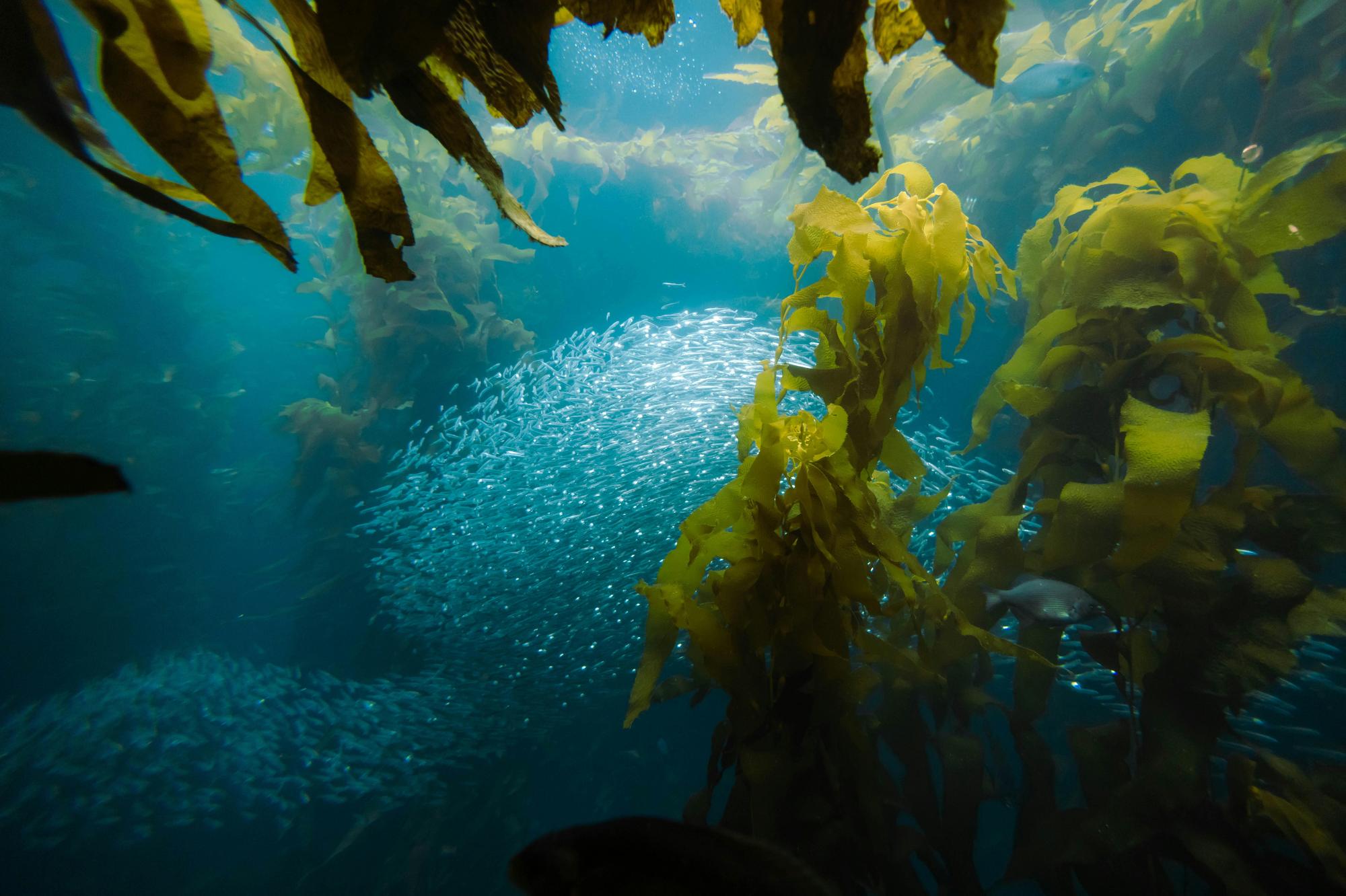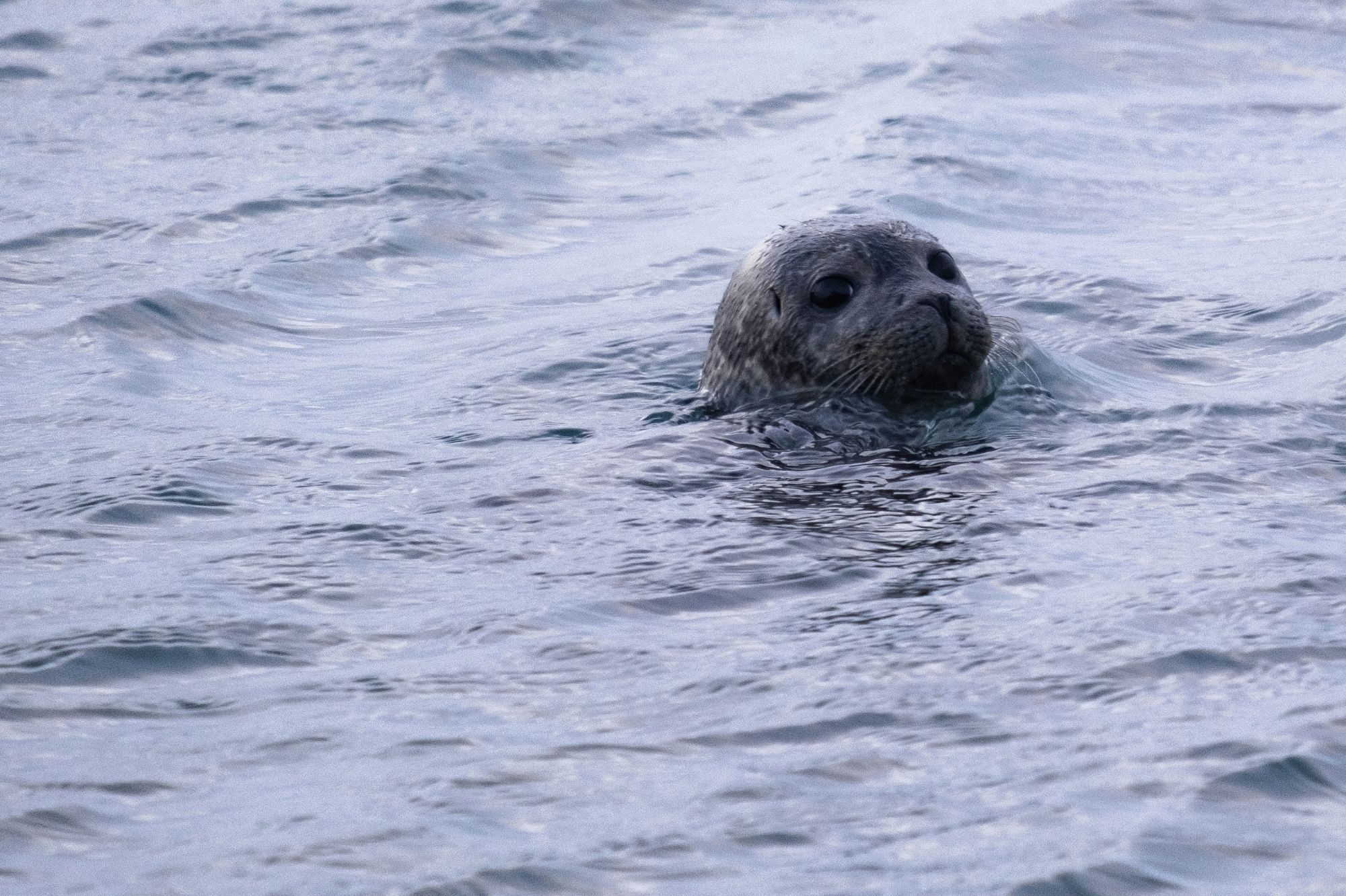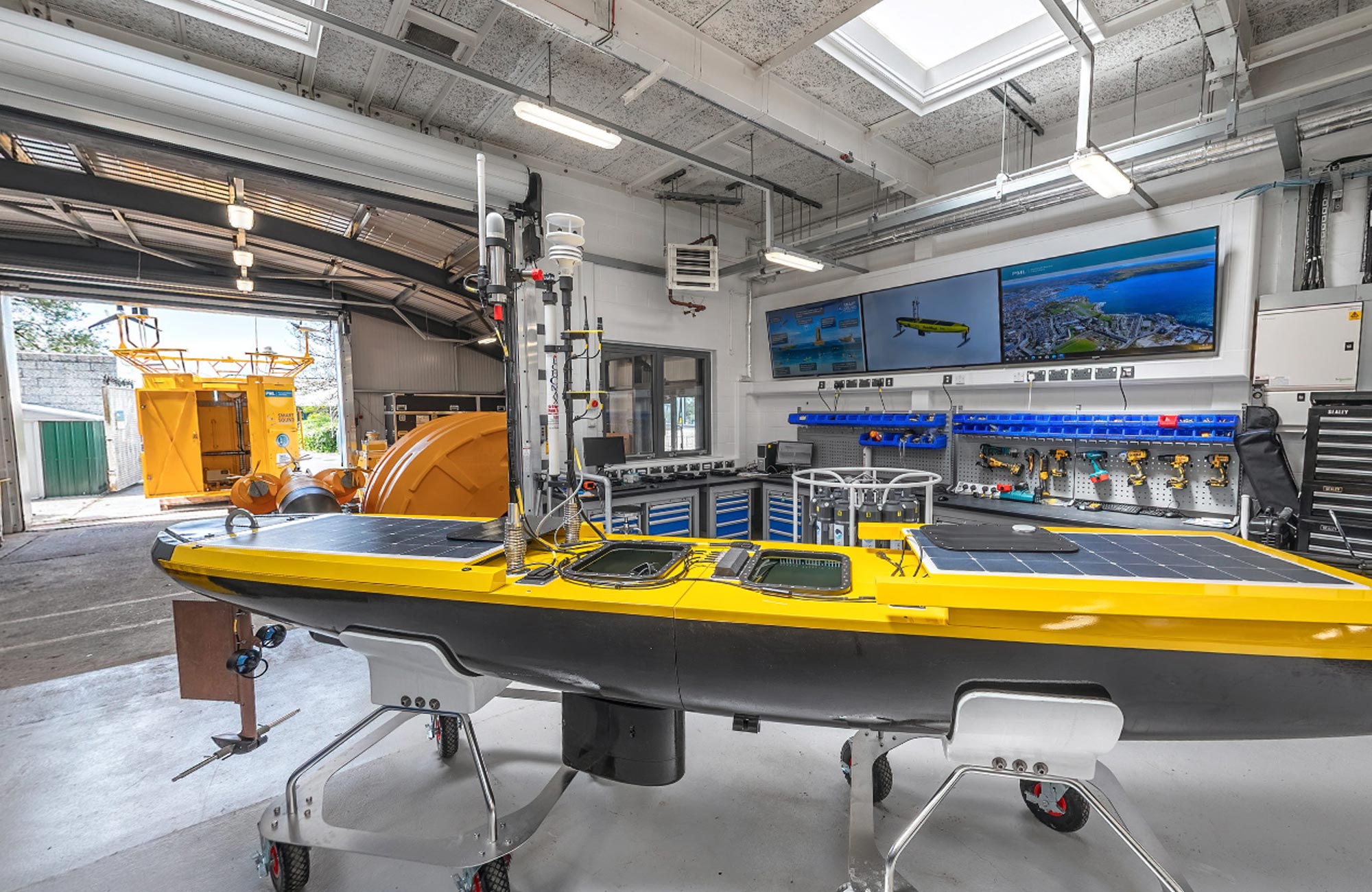Latest story
Good and bad ozone: new study sheds light on the Ocean’s role in removing and protecting us from harmful ozone
While ozone shields us in the upper atmosphere, nearer the surface it harms health and ecosystems. New research reveals clues as to how the Ocean helps clear it away.
Other recent news stories
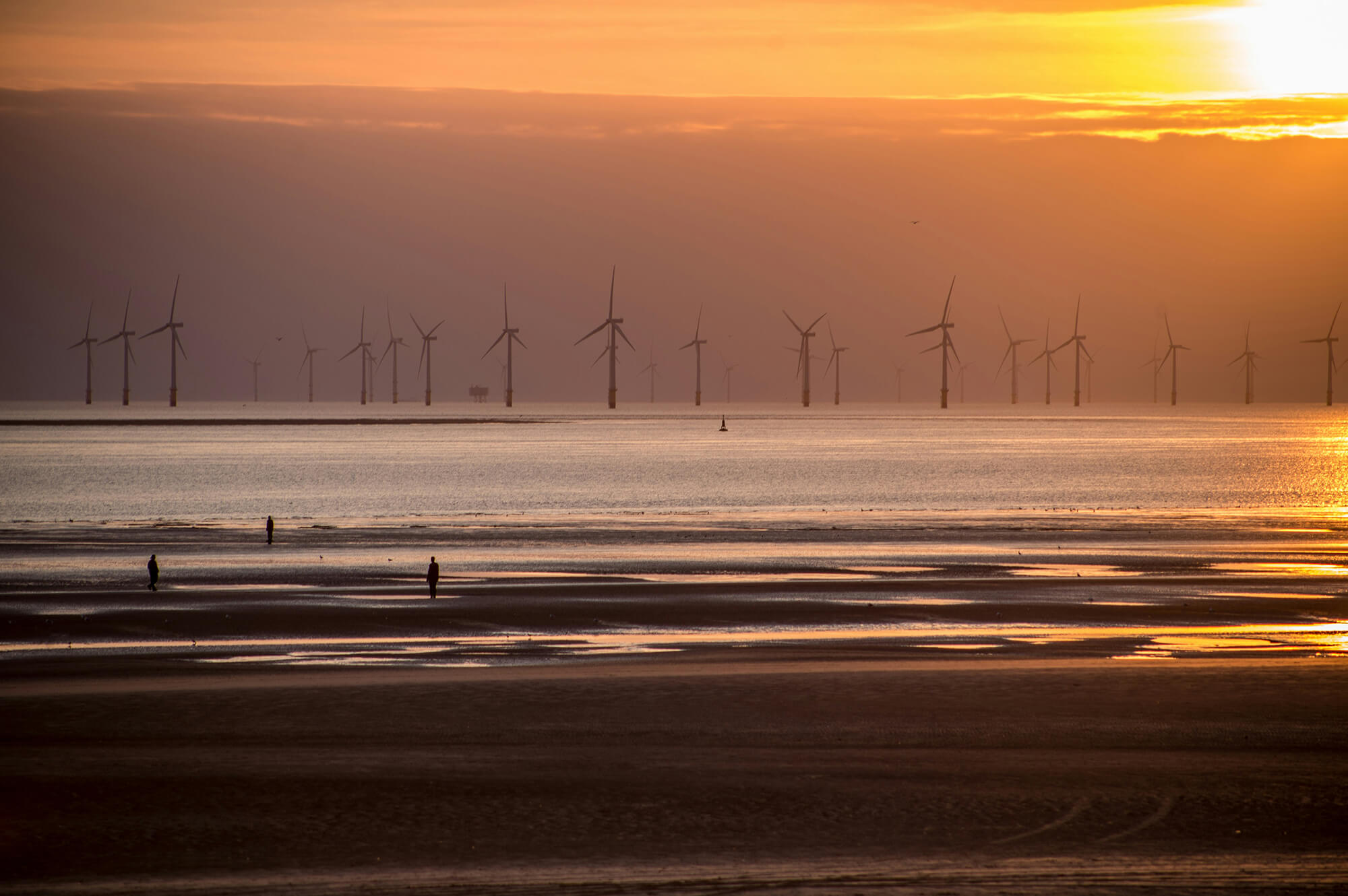
Advancing nature-positive offshore wind: review calls for improved impact assessment, monitoring and mitigation
04 September 2025A new review, published in Nature Reviews Biodiversity and led by Plymouth Marine Laboratory, synthesises current knowledge of offshore wind farm impa...

Celebrating the first World Lake Day
27 August 2025Today – 27th August – is the first World Lake Day, designated last year by the United Nations General Assembly to raise awareness of the importanc...
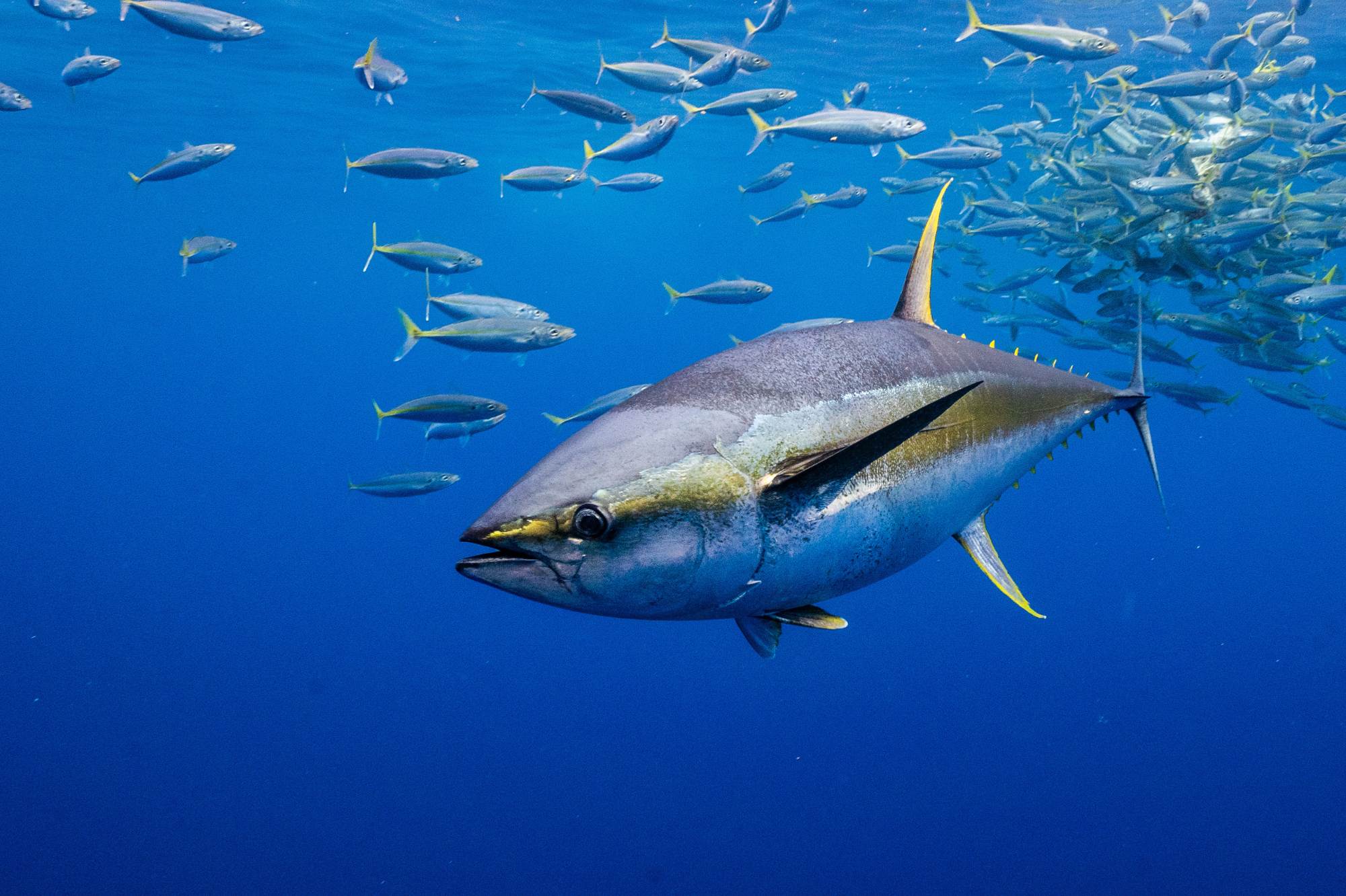
MEDIA: How climate change is making Europe’s fish move to new waters
21 August 2025PML’s Dr Sevrine Sailley, Ecosystem Modeller, has written for The Conversation UK on how climate change is reshaping fish habitats, with huge impli...
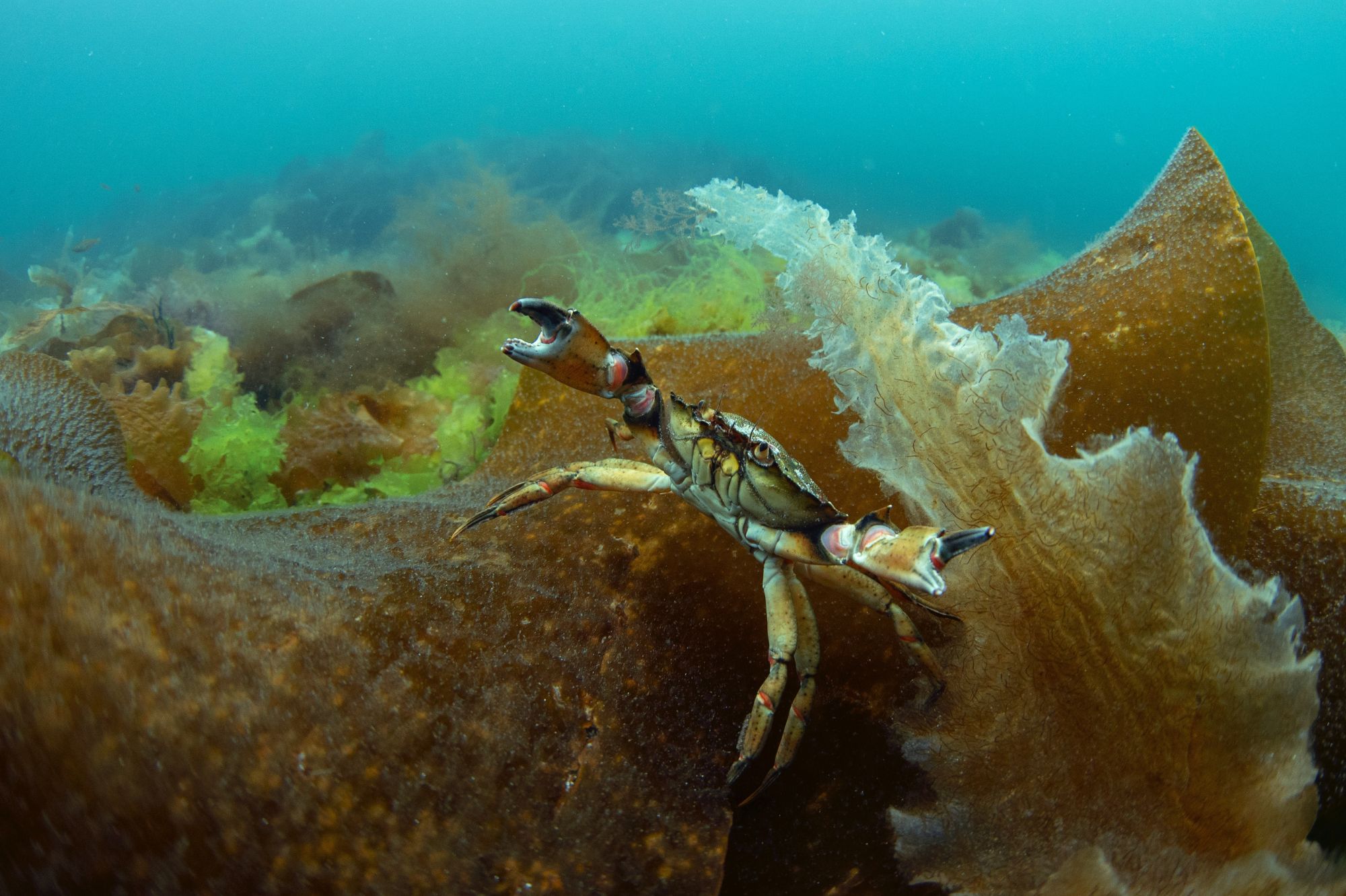
Deep trouble – future seafloor marine heatwaves will surpass surface extremes
19 August 2025A new study shows that marine heatwaves on the seafloor could be more than 50% more frequent in future than at the surface of the ocean during hot sum...
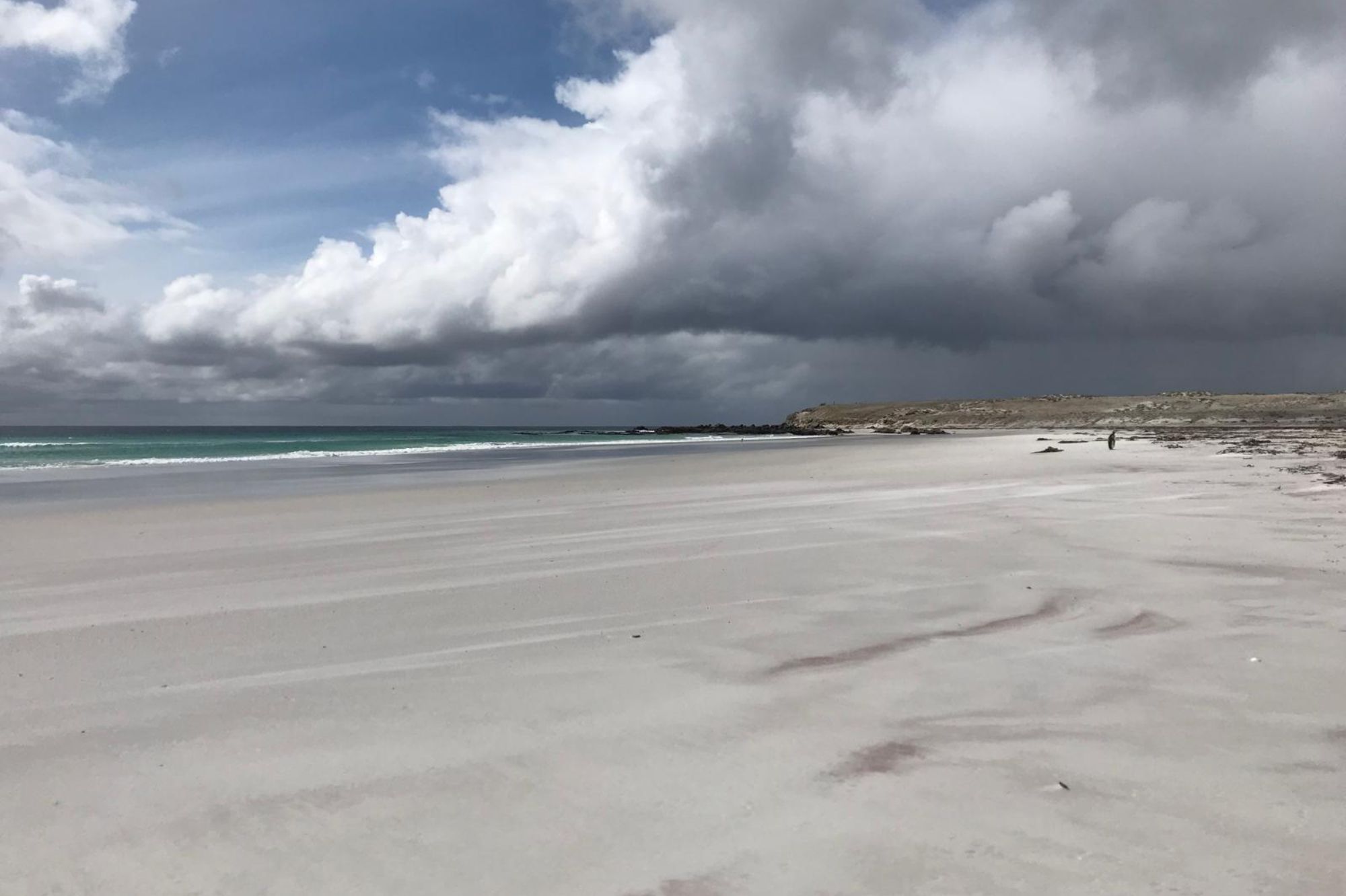
Peat and pressure in pristine waters: investigating environmental change in the Falklands
15 August 2025PML’s Professor Andy Rees reflects on three decades of research in the remote Falkland Islands, exploring the growing environmental pressures in a r...
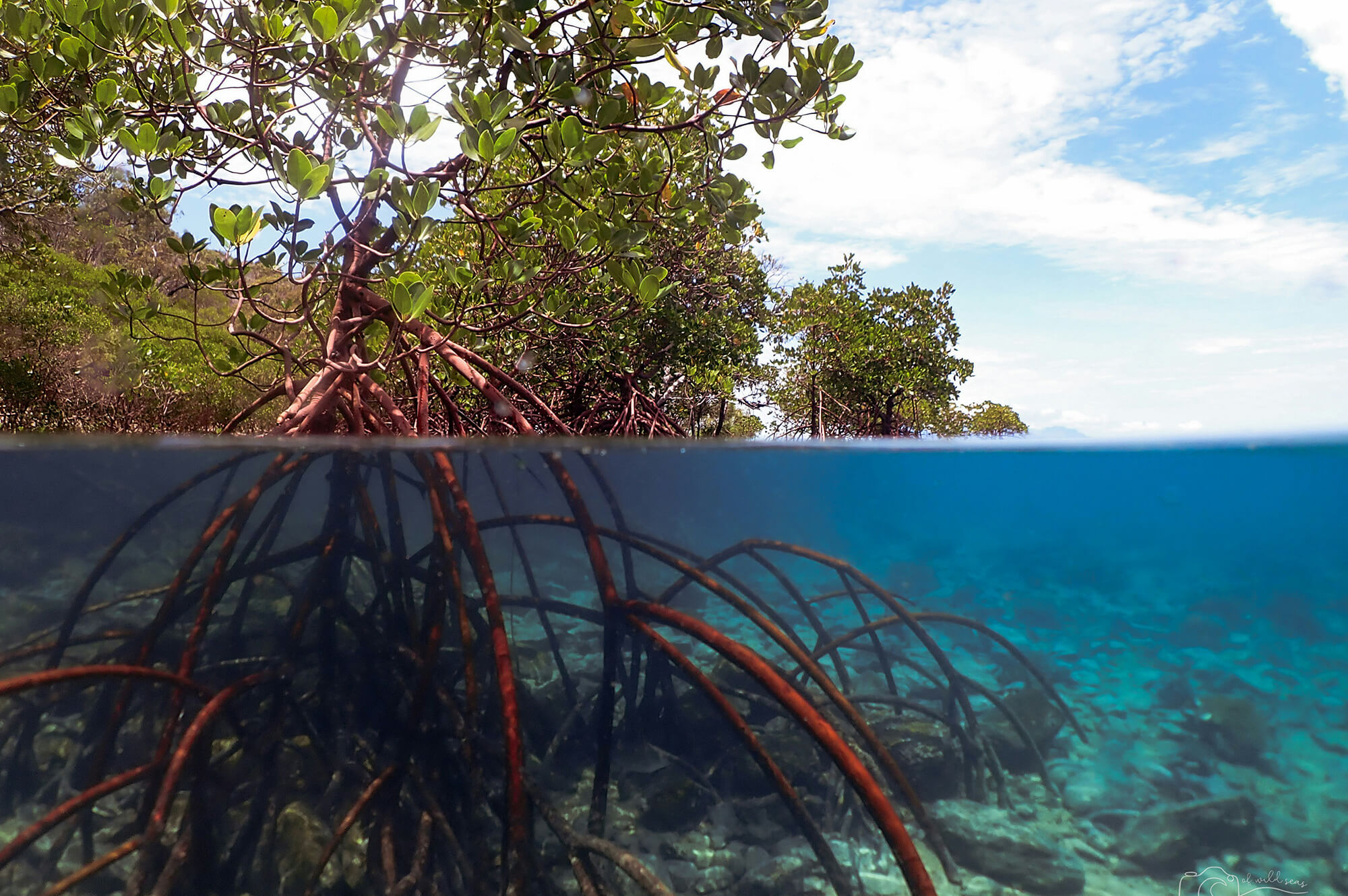
Blue Carbon Finance Toolbox released
14 August 2025The 3rd UN Ocean Conference in June 2025 saw the release of the Blue Carbon Finance Toolbox, with PML’s Dr Olivia Rendón as a Reviewer and PML Hono...
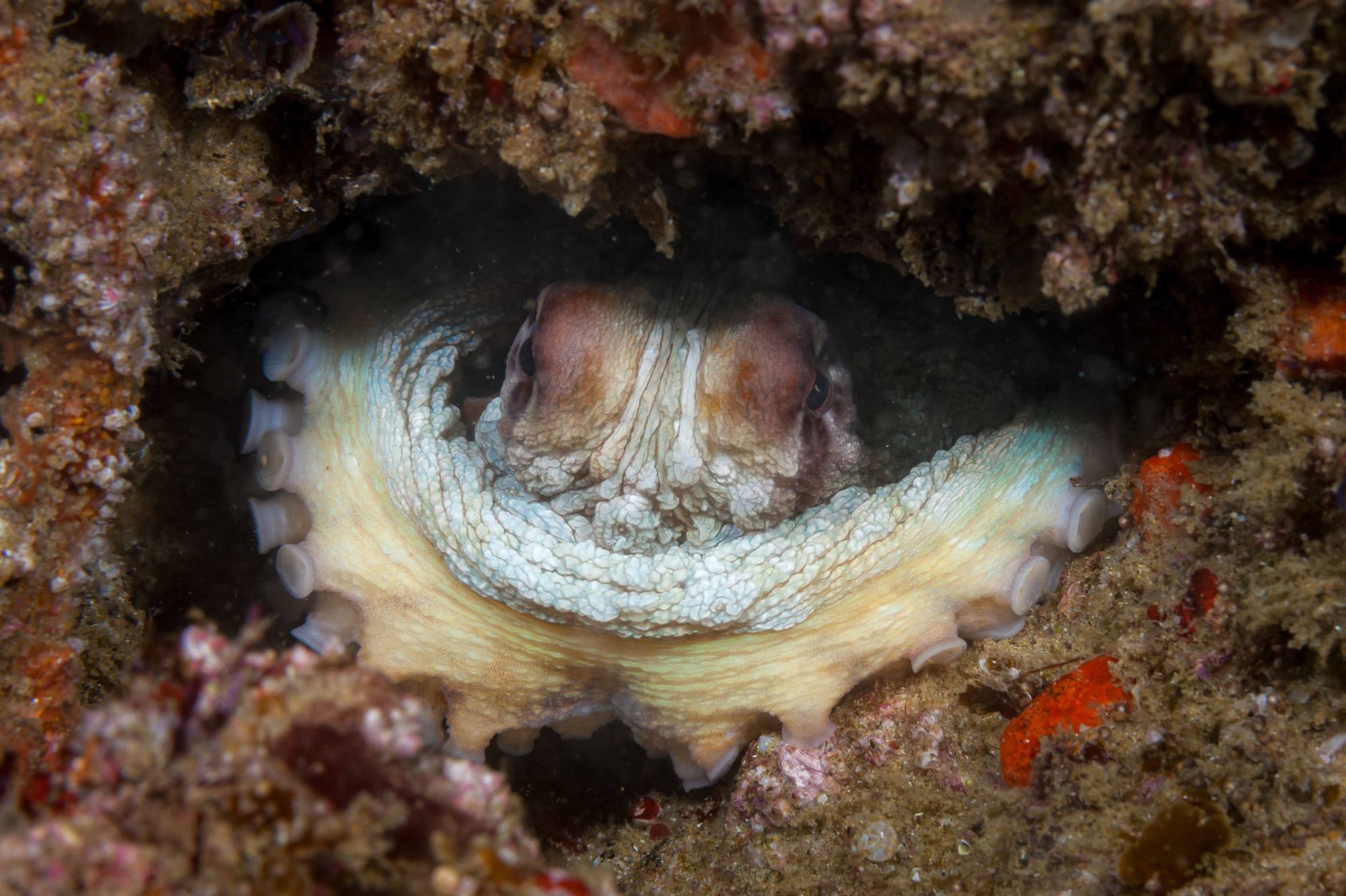
Marine heatwaves and octopus outbreaks
13 August 2025This week, PML’s Professor Tim Smyth spoke to Anna Foster on BBC Radio 4 about the increase of marine heatwaves observed in the western English Chan...

Eco-friendly or eco-threat? The environmental risks of natural and semi-synthetic fibers
12 August 2025A new publication co-authored by two PML PhD Researchers, Charlotte Woodhouse and Hayley McIlwraith, calls for a re-evaluation of how we view “natur...

Environmental studies urgently required before Ocean Carbon Capture can go large-scale, scientists warn
08 August 2025New paper highlights critical knowledge gaps into the impacts of direct ocean carbon capture and storage (DOCCS) technology.
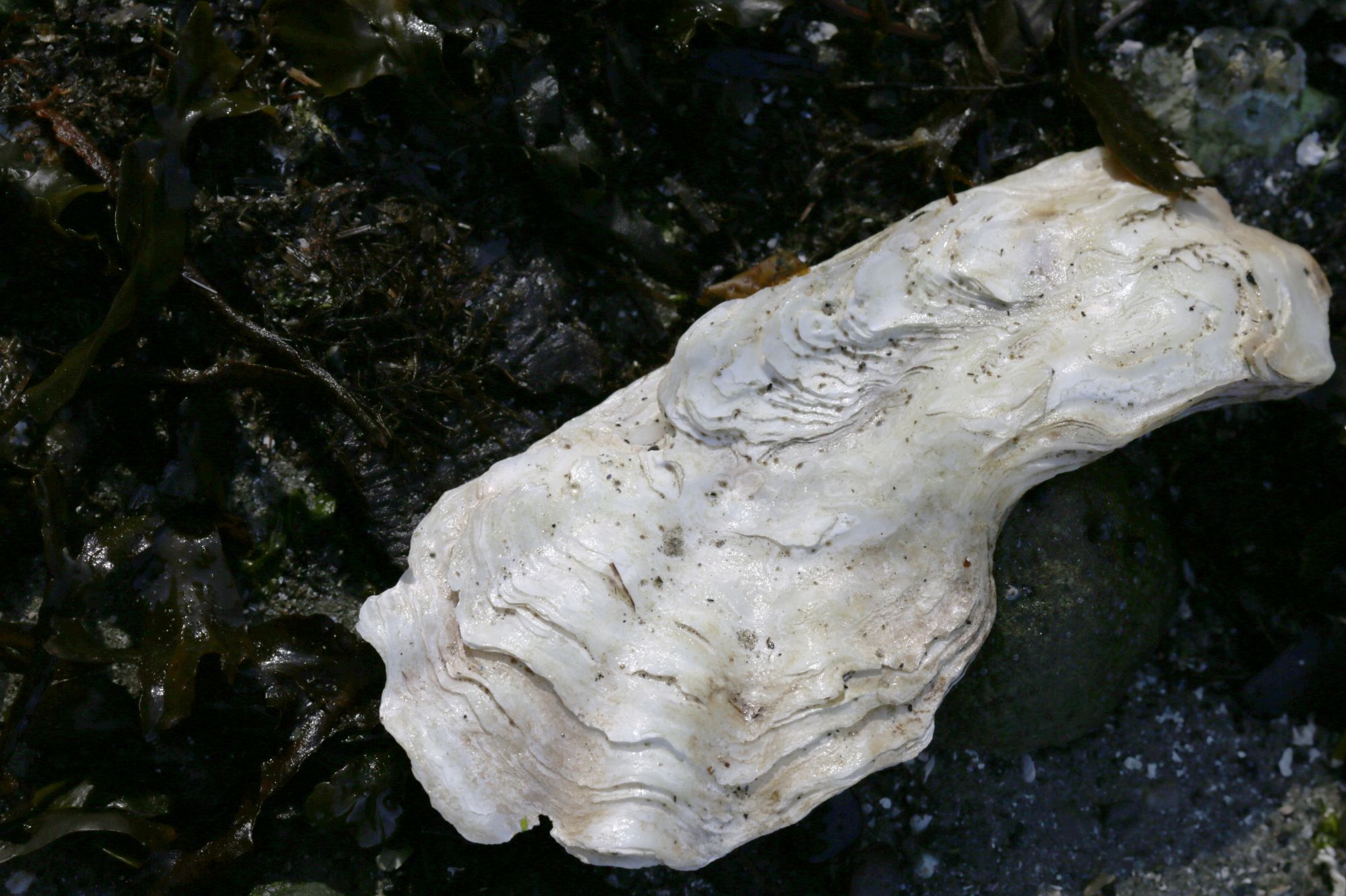
National Oyster Day - but not all oysters are welcome...
04 August 2025Today (5th August) is National Oyster Day, but not all oysters are welcome. Discover PML’s research on the Pacific Oyster – Crassostrea gigas – ...
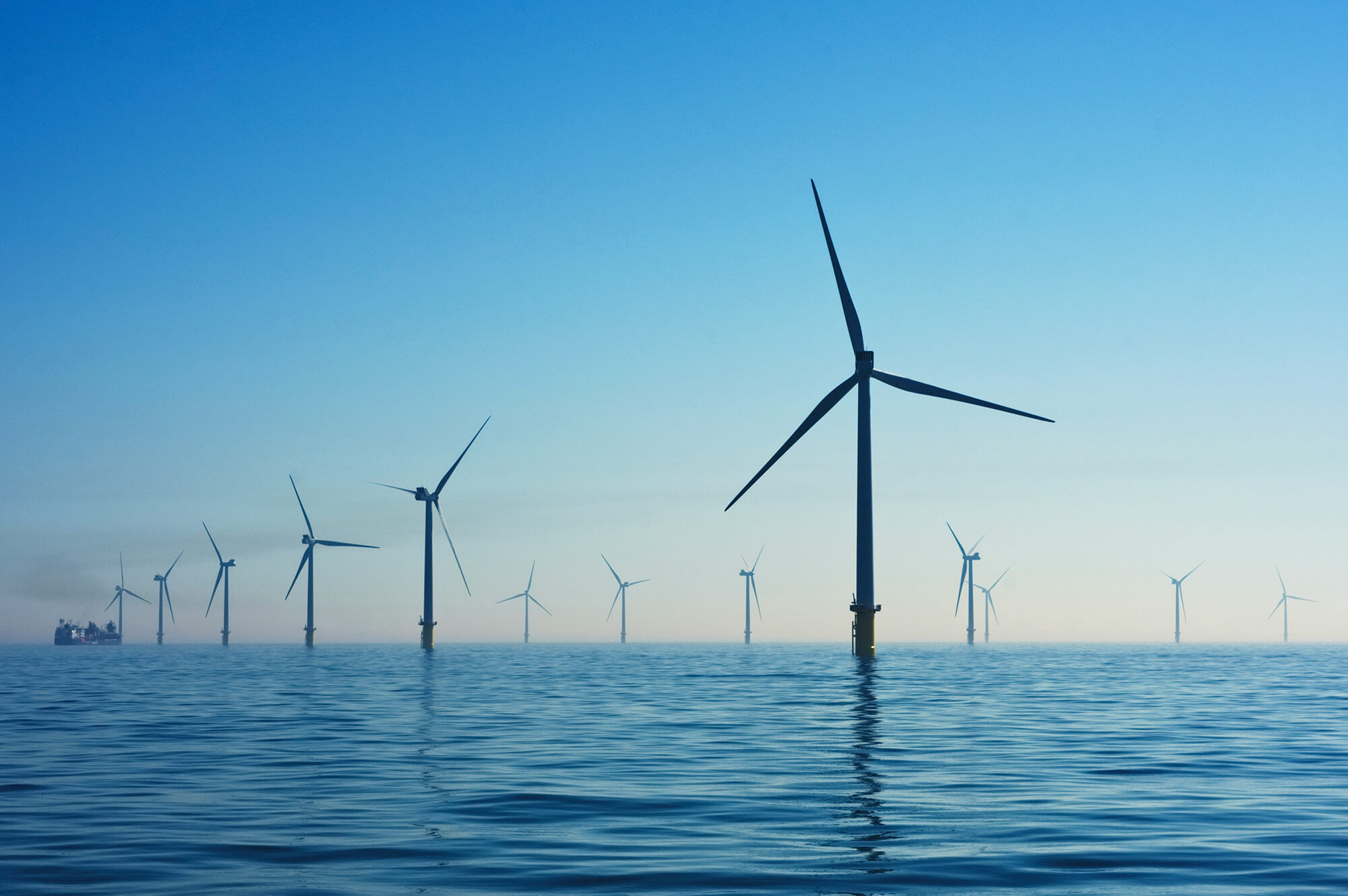
New method to evaluate ecological impact of offshore activities
01 August 2025A recently published study from the University of Aberdeen and Plymouth Marine Laboratory has set out a new approach to help evaluate the ecological i...

Only 0.5% of 90,000 oil slicks reported over five-year period, analysis finds
30 July 202590,000 oil slicks – only 0.5% reported. PML’s Dr. Elizabeth C. Atwood has made headlines today in concerning new analysis that reveals the massive...
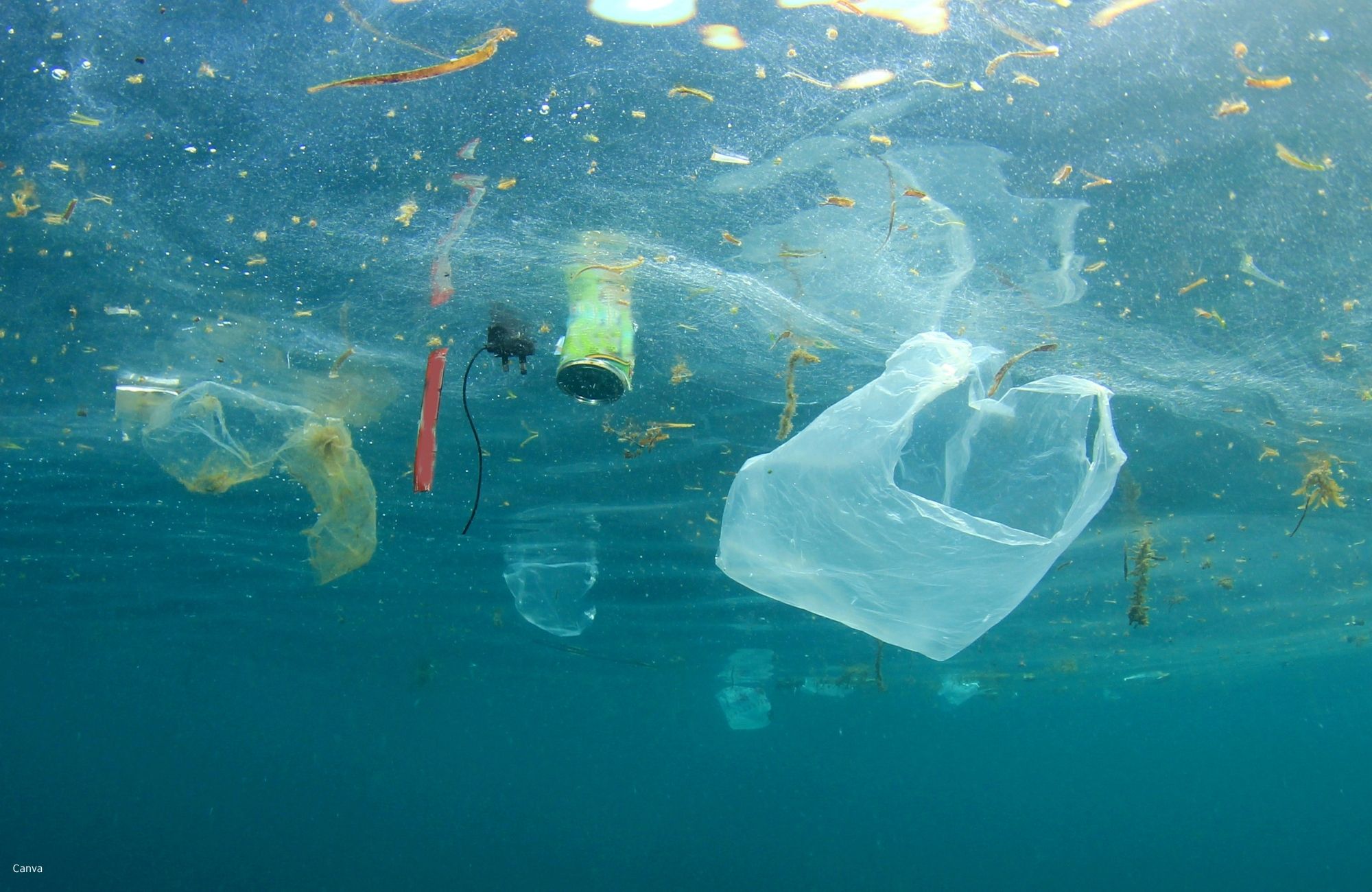
How plastic pollution may influence antimicrobial resistance
22 July 2025New study reveals an alarming number of mechanisms throughout the life-cycle of plastic that could enhance or spread antimicrobial resistance.
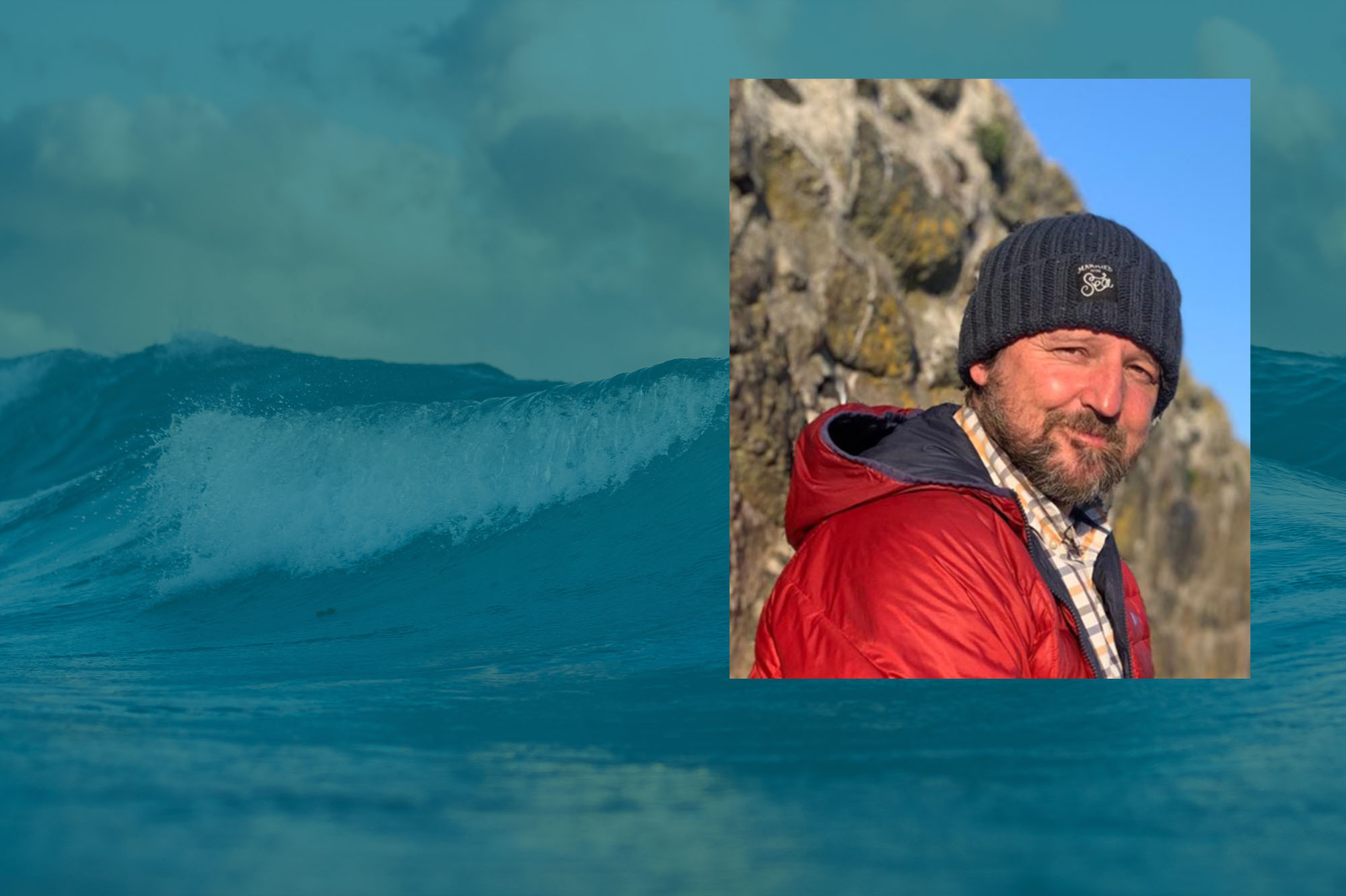
PML’s Prof. Frost selected for high-level policy role to help protect the global ocean
21 July 2025We are delighted to share the news that PML’s Prof. Matt Frost has been appointed as the new Co-Lead for the Ocean Panel Expert Group.

PML Announces Departure of Director of Science to Lead New Marine Science Centre in the UAE
17 July 2025Professor Steve Widdicombe will become an Honorary Fellow after more than 30 years of service
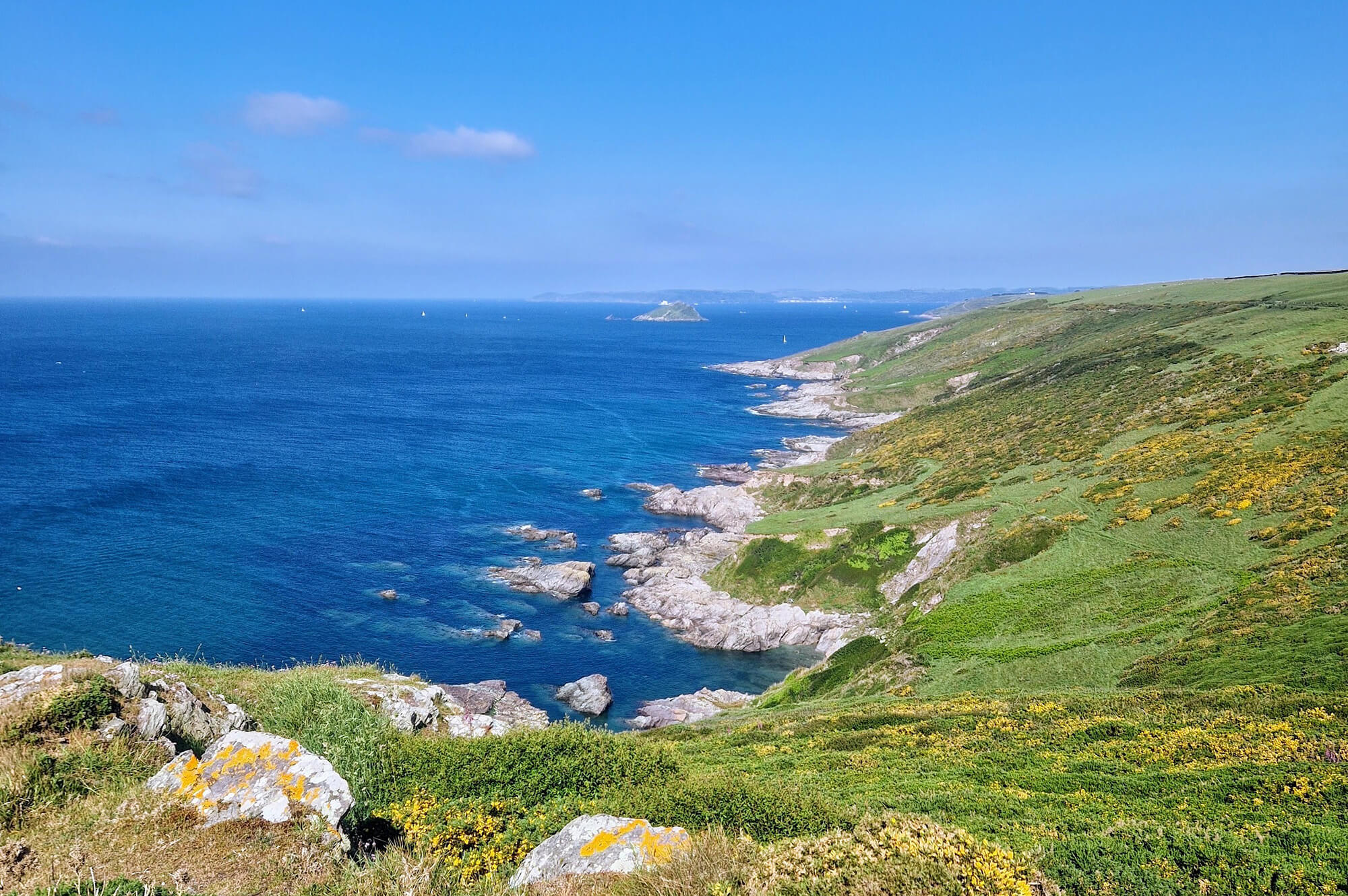
New South West Marine Ecosystems report published
15 July 2025This comprehensive report on the state of the marine ecosystems around the South West, including contributions from PML scientists, gives a wonderful ...
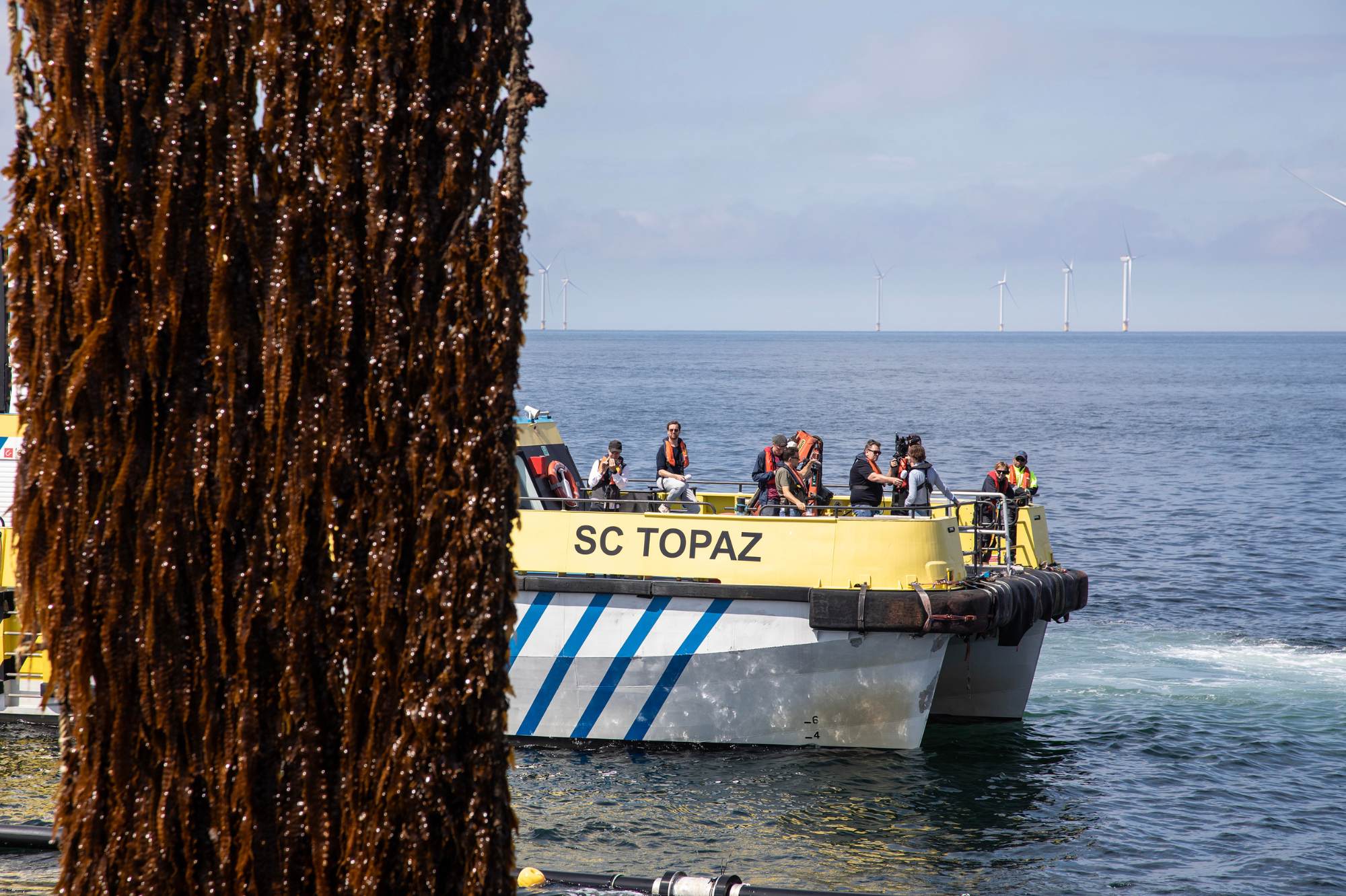
Harvest time at world’s first co-located seaweed farm and offshore windfarm
14 July 2025Plymouth Marine Laboratory (PML) is leading the science on the North Sea Farm 1 project.

ProBleu Catalogue Joins UNESCO-IOC Blue Thread Network
10 July 2025ProBleu’s innovative online ocean and water literacy catalogue has been officially accepted into the Blue Thread Network; a global initiative led by...

Are sewage spills and coastal winds contributing to airborne microplastics?
09 July 2025Researchers used sewage and weather data and satellite monitoring to highlight a potential hidden source of microplastic pollution
Current Events
IPBES 12 Plenary
3 February 2026
Upcoming Events
Ocean Sciences Meeting (OSM)
22 February 2026
13th annual World Ocean Summit
4 March 2026
PML at Oceanology International 2026
10 March 2026
NERC Tech Forum 2026
2 June 2026
